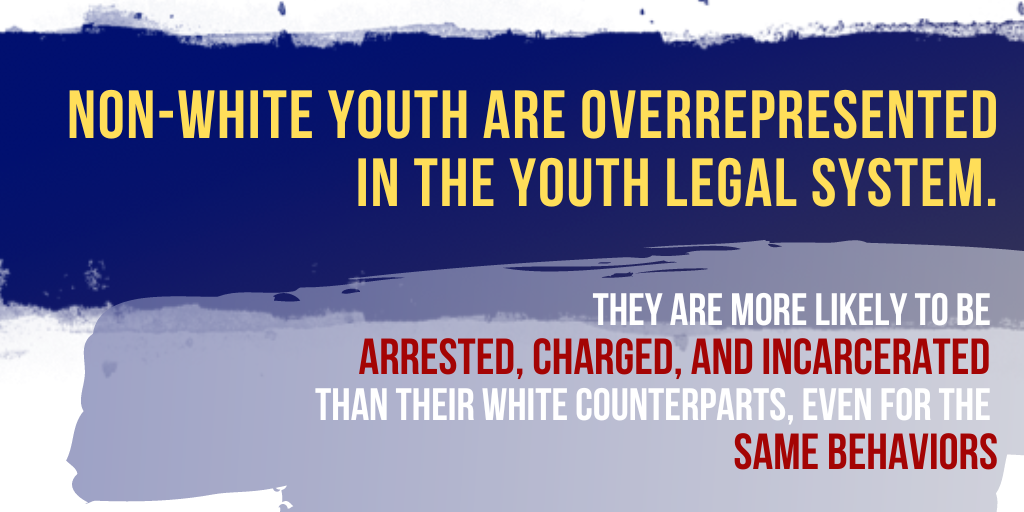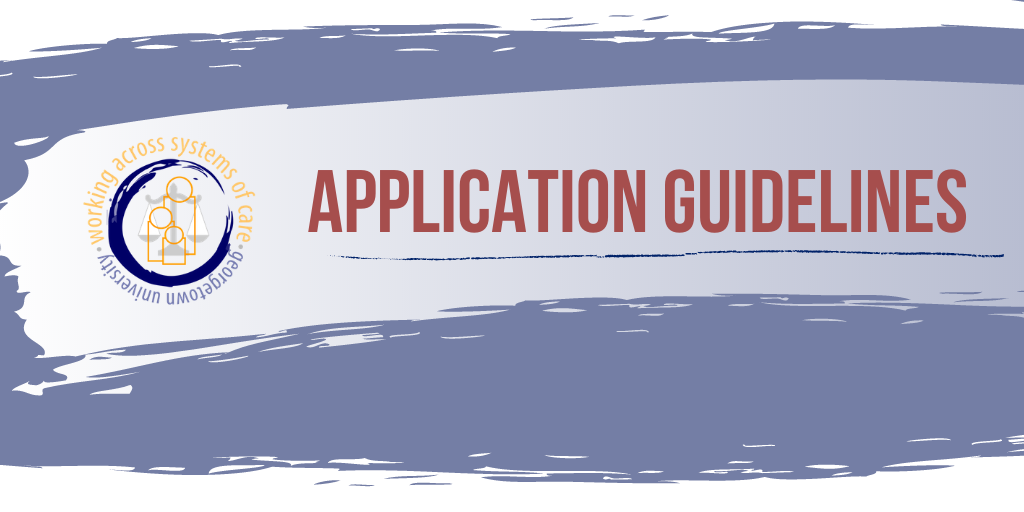Advancing Racial Justice and Equity in Youth Legal Systems

The Advancing Racial Justice and Equity in Youth Legal Systems Certificate Program is an intensive professional development opportunity designed to support state and local jurisdictions in their efforts to reduce racial and ethnic inequities in their systems of care, particularly the youth legal system. The program is hosted by the Center for Juvenile Justice Reform (CJJR) at Georgetown University’s McCourt School of Public Policy and builds upon the successful Reducing Racial and Ethnic Disparities in Juvenile Justice Certificate Program previously offered by the Center.
The three primary goals of the Certificate Program are to help system leaders and partners to:
- Gain a better understanding of anti-racist frameworks through a Community Development and Prevention Model;
- Utilize practical skills and tools to enter, engage in, and support work on anti-racism in the youth legal system; and
- Adapt and create strategies to practice anti-racism and to address the overrepresentation and inequities of non-white youth in systems of care.
While the program primarily addresses policies, practices, and approaches in the youth legal system, it does so with an intersectional frame, acknowledging the interconnectedness of youth legal systems with other youth-serving systems, including, but not limited to education, healthcare, and child welfare.
After completing the program, participants will be responsible for the development of a data-driven local Capstone Project. After the Capstone Project is developed by the participating jurisdiction and approved by Georgetown University, participants will receive an Executive Certificate from the university and become members of the CJJR Fellows Network. Additionally, all participants are offered technical assistance from instructors to aid in the implementation of their project.
Curriculum and Application Guidelines
More Information

As part of the Certificate Program, participants are required to develop and implement a Capstone Project during the twelve-month period following the completion of their Certificate Program session.

The primary goal of all of our Certificate Programs is not simply knowledge, but effective implementation in a local reform effort. We study “what works” and collaborate with leaders to bridge the gap between theory and practice.
